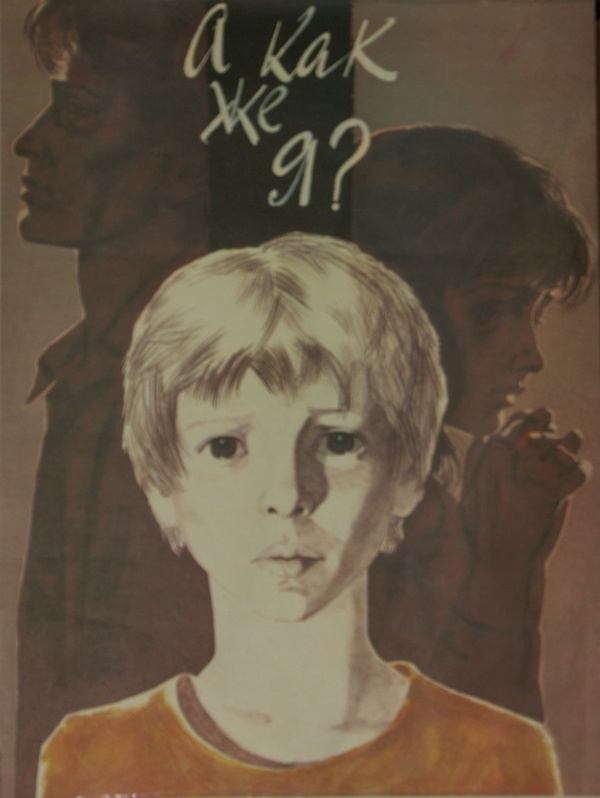Contemporary (1950 CE - Present)
Gender and Health in Latin America: Interview, Abortion Rights (Chile)
As a topic of discussion in the United States, abortion has long raised red flags. Not surprisingly, it is hardly a neutral subject in other national settings.
Gender and Health in Latin America: Law, Maternity Leave (Cuba)
Motherhood and the many requirements that come with it provide a good starting point for analysis of women’s need for protection, on the one hand, and the limits on women’s decision-making imposed in protective legislation, on the other.
Gender and Health in Latin America: Newspaper, Domestic Violence (Brazil)
Domestic violence is hardly a new topic in the global history of gender relations. Scholars and counselors have long been familiar with responses to domestic violence, ranging from emergency hotlines and family counseling to restraining orders placed on abusive spouses or partners.
Gender and Health in Latin America: Committee Hearing, Sterilization (Peru)
Eugenics, defined as controlled human reproduction based on notions of desirable and undesirable populations or genotypes, have gained attention predominantly in the context of European fascist regimes that aimed at eliminating or controlling populations.
Child Re-enacting Krishna Story
Krishna is known in the stories of the Bhagavata-Purana as the eighth incarnation, or avatar, of the god Vishnu. He is a very popular deity, a divine hero who personifies superhuman powers as well as human hopes and failings.

Divorce in the Soviet Union
One of Mikhail Gorbachev's most famous reform movements was 'glasnost' (openness), which allowed partial freedom of the press to address social problems and corruption within the Soviet Union.
British Empire: Autobiography, Head Above Water
Buchi Emecheta was born in Nigeria in 1944 to Igbo parents. She was orphaned at a young age, and subsequently educated at a missionary school in Nigeria. She was married at the age of 16 to Sylvester Onwordi, a student she had been engaged to since childhood.
British Empire: Fiction, Nervous Conditions
In 1959, Tsitsi Dangarembga was born in Africa in the British colony known as Rhodesia, now called Zimbabwe. From the age of two, she spent four years living in Britain. On her return to Rhodesia, she attended a missionary school in Mutare.
Appealing to College Students in Hungary
In the summer of 1989, President George Bush made an official visit to several East European countries, each in the midst of democratic demonstrations and public pressure on their Communist regimes.
Remarks Celebrating the Reunification of Germany
On October 3, 1990, the East and West German states officially united into a single sovereign state—the Federal Republic of Germany.